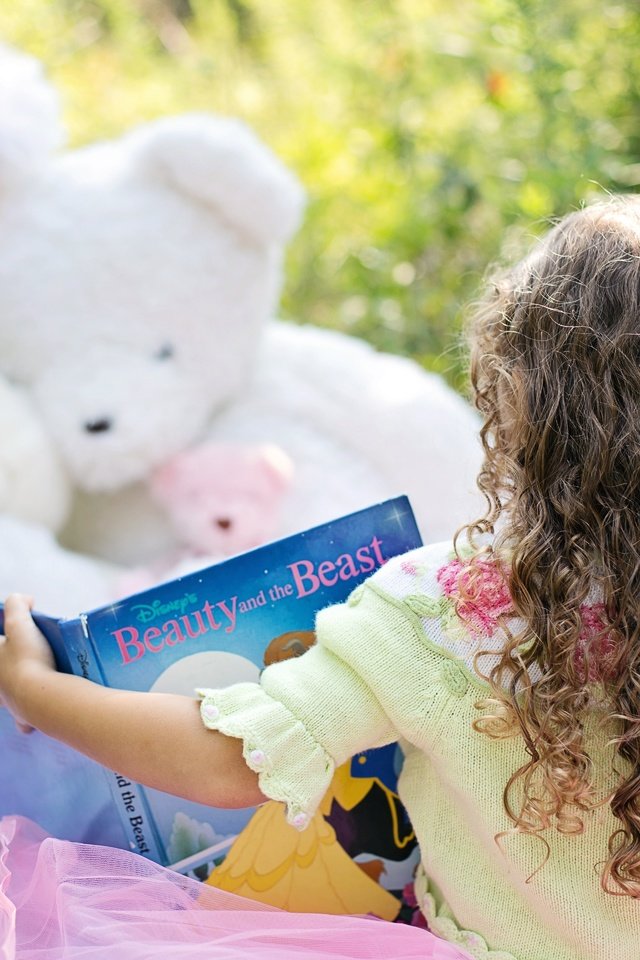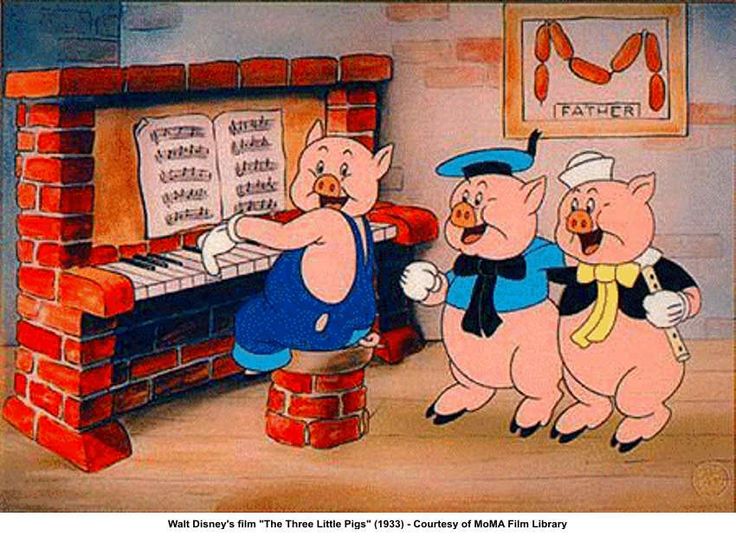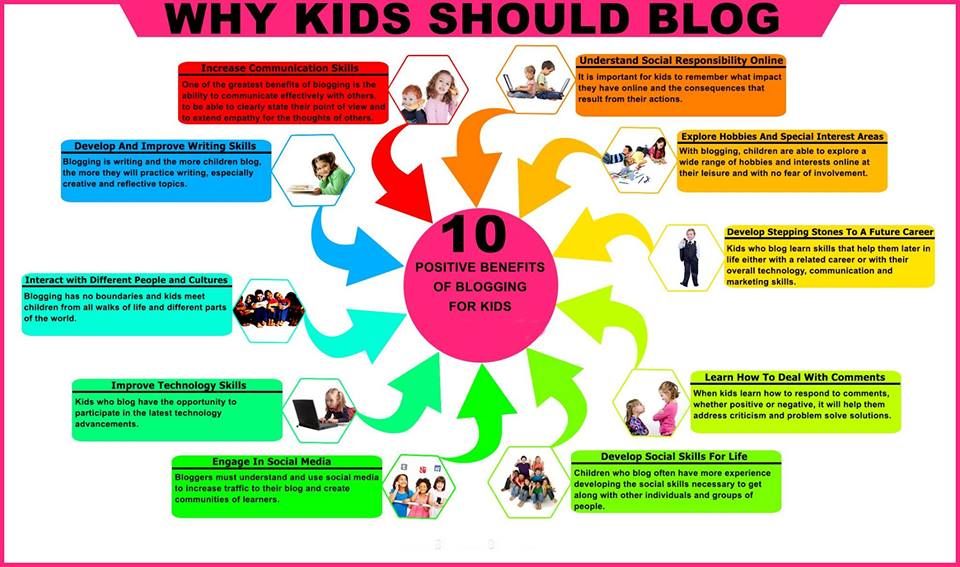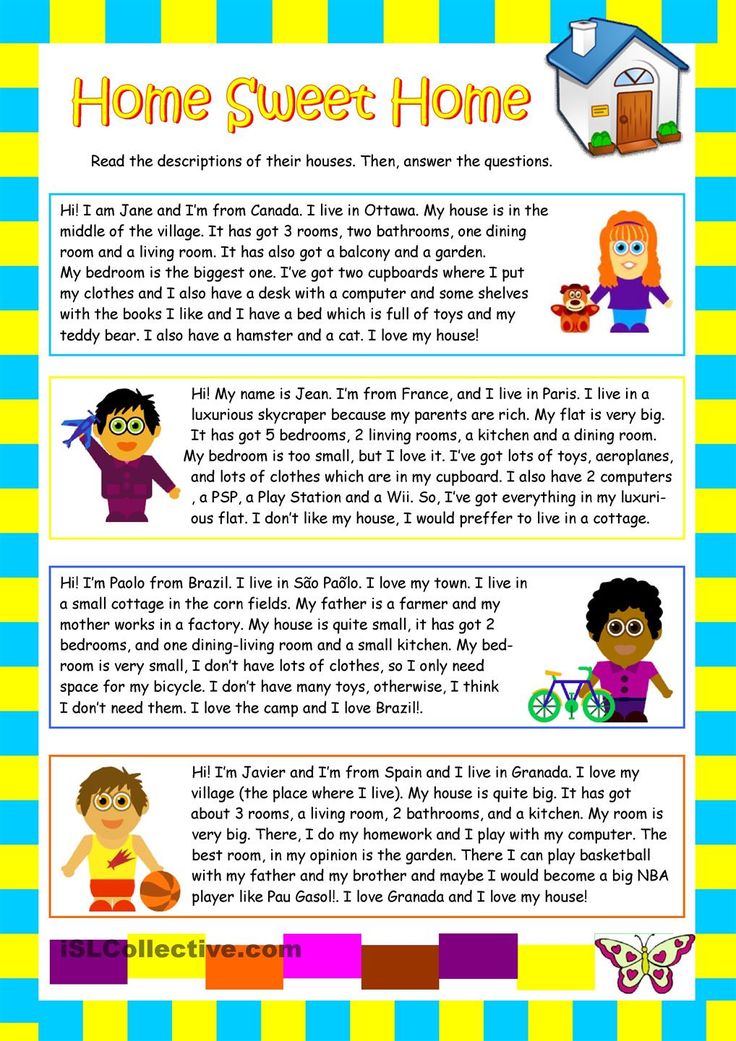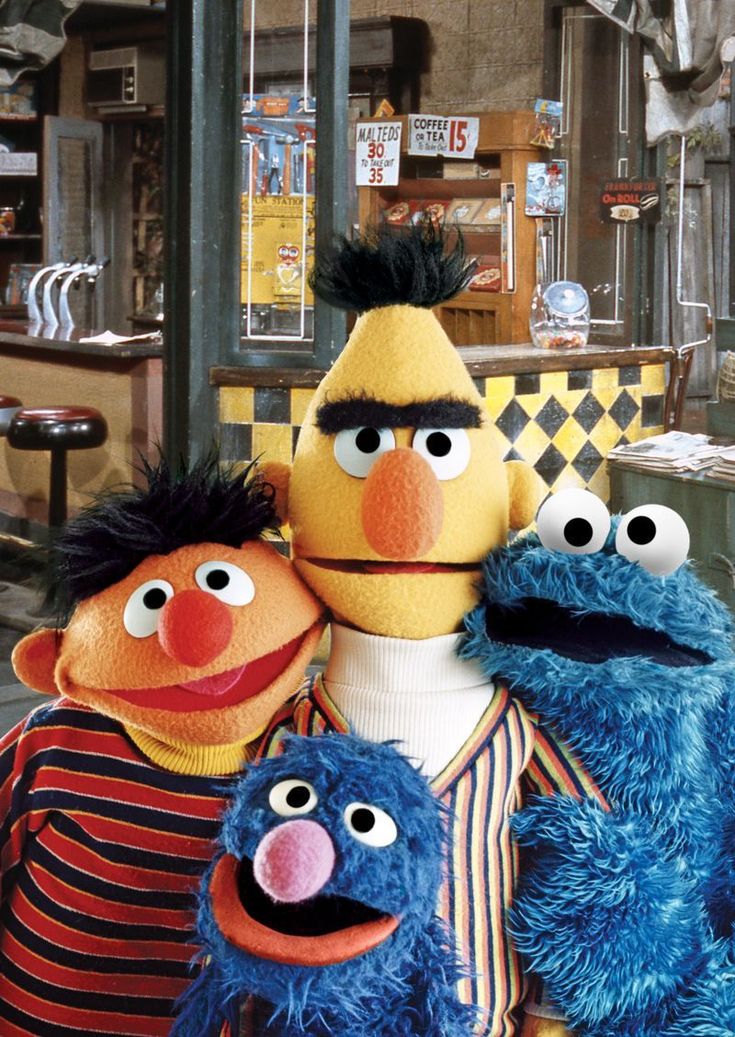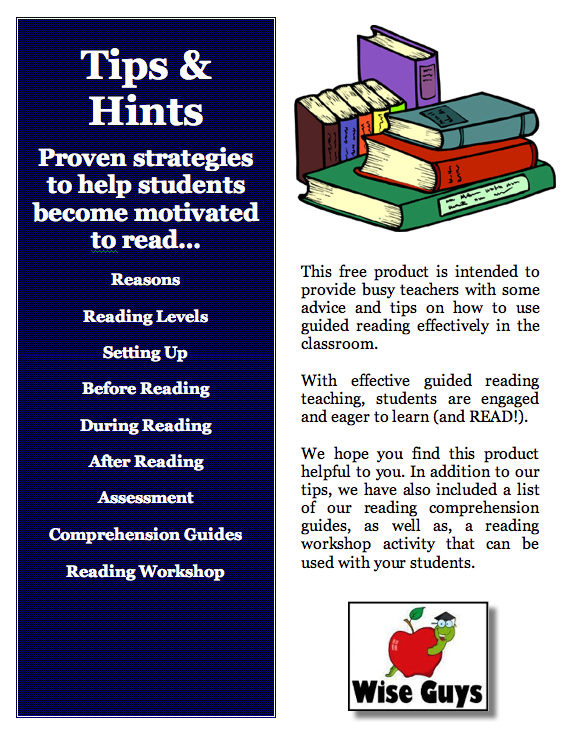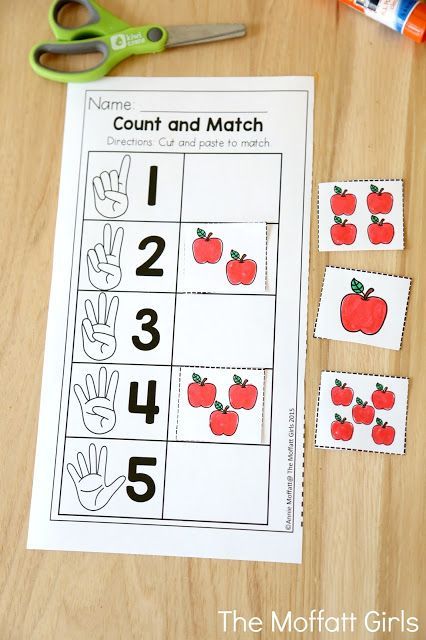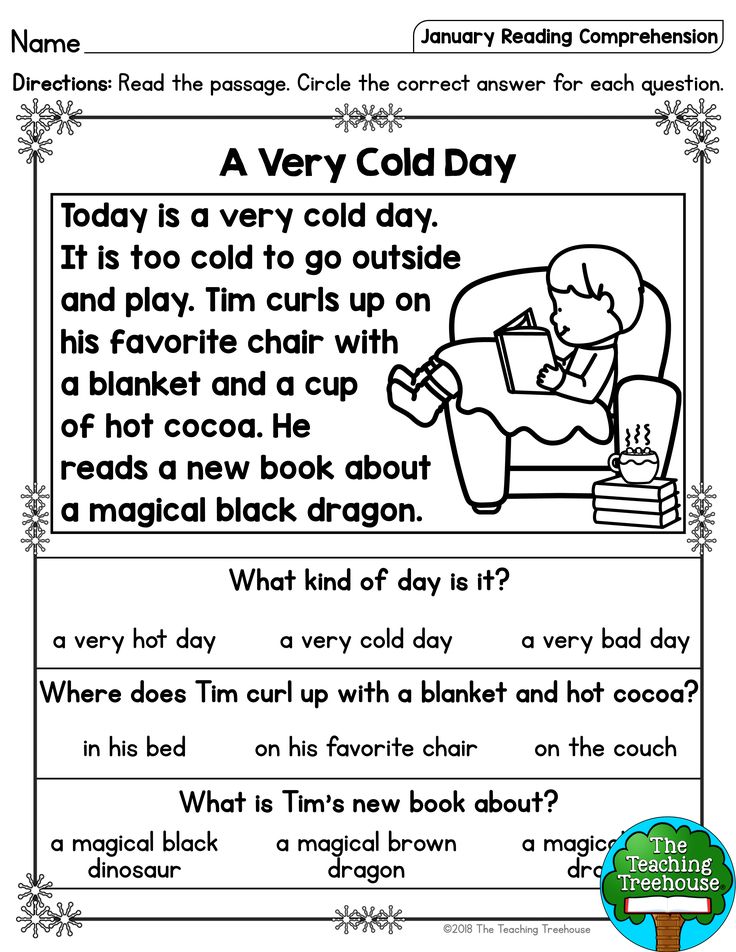Reading to your child
Benefits & Importance of Reading to Children
Blog
03/03/2017
It’s undeniable that a child’s reading skills are important to their success in school, work, and life in general. And it is very possible to help ensure your child’s success by reading to them starting at a very early age. Continue reading to learn more about the top benefits of reading to children and how reading can support them for the future.
7 Benefits of Reading to Children
Whether you’re reading a classic novel or fairy tales before bed, reading aloud to children can significantly benefit your child’s life. Some benefits reading to children include:
- Supported cognitive development
- Improved language skills
- Preparation for academic success
- Developing a special bond with your child
- Increased concentration and discipline
- Improved imagination and creativity
- Cultivating. lifelong love of reading
Reading to young children is proven to improve cognitive skills and help along the process of cognitive development. Cognitive development is the emergence of the ability to think and understand; it’s “the construction of thought processes, including remembering, problem solving, and decision-making, from childhood through adolescence to adulthood” (HealthofChildren.com). It refers to how a person perceives and thinks about his or her world through areas such as information processing, intelligence, reasoning, language development, attention span, and memory.
When you begin reading aloud to your child, it essentially provides them with background knowledge on their young world, which helps them make sense of what they see, hear, and read. In fact, many educators and researchers postulate that “It is the talk that surrounds the reading that gives it power, helping children to bridge what is in the story and their own lives,” rather than just the vocalization of the words. Introducing reading into your young child’s life, and the conversations that it will prompt, helps them to make sense of their own lives, especially at a young age.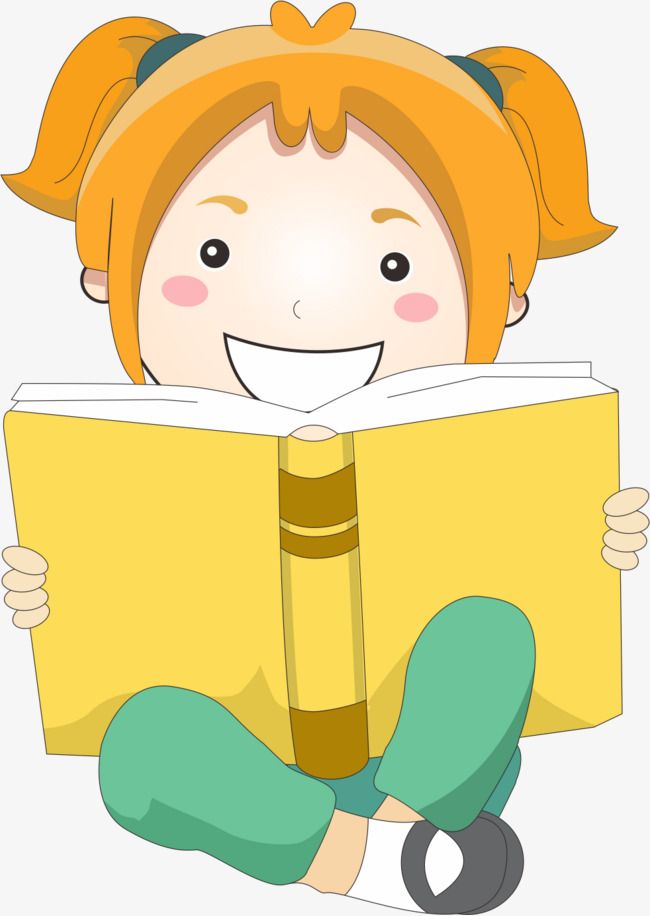
Consider this excerpt from a study on toddlers’ cognitive development as a result of being read aloud to:
“A child care provider reads to a toddler. And in a matter of seconds, thousands of cells in these children’s growing brains respond. Some brain cells are ‘turned on,’ triggered by this particular experience. Many existing connections among brain cells are strengthened. At the same time, new brain cells are formed, adding a bit more definition and complexity to the intricate circuitry that will remain largely in place for the rest of these children’s lives.”
Therefore, the more adults read aloud to their children, the larger their vocabularies will grow and the more they will know and understand about the world and their place in it, assisting their cognitive development and perception.
Improved language skillsReading daily to young children, starting in infancy, can help with language acquisition, communication skills, social skills, and literacy skills. This is because reading to your children in the earliest months stimulates the part of the brain that allows them to understand the meaning of language and helps build key language, literacy and social skills.
This is because reading to your children in the earliest months stimulates the part of the brain that allows them to understand the meaning of language and helps build key language, literacy and social skills.
In fact, a recent brain scan study found that “reading at home with children from an early age was strongly correlated with brain activation in areas connected with visual imagery and understanding the meaning of language” (TIME.com)
These cognitive skills and critical thinking skills are especially important when you consider that, according to the American Academy of Pediatrics, more than one in three American children start kindergarten without the skills they need to learn to read. About two-thirds of children can’t read proficiently by the end of the third grade.
Furthermore, while a child will be able to latch onto vocabulary and language he or she hears around him or her, introducing reading into their auditory learning provides another benefit: it introduces the language of books, which differs from language heard in daily life. Whether it’s a children’s book or classic novel, book language is more descriptive, and tends to use more formal grammatical structures.
Whether it’s a children’s book or classic novel, book language is more descriptive, and tends to use more formal grammatical structures.
Early reading with your child is a true one-on-one opportunity for children to communicate with their parents and parents to communicate with their children. It allows children to grow their vocabulary skills with exposure to new words and listening skills they develop from hearing someone read to them that become vital to their academic success.
Studies have shown that “the more words that are in a child’s language world, the more words they will learn, and the stronger their language skills are when they reach kindergarten, the more prepared they are to be able to read, and the better they read, the more likely they will graduate from high school” (PBS.org).
Numerous studies have shown that students who are exposed to reading before preschool are more likely to do well when they reach their period of formal education.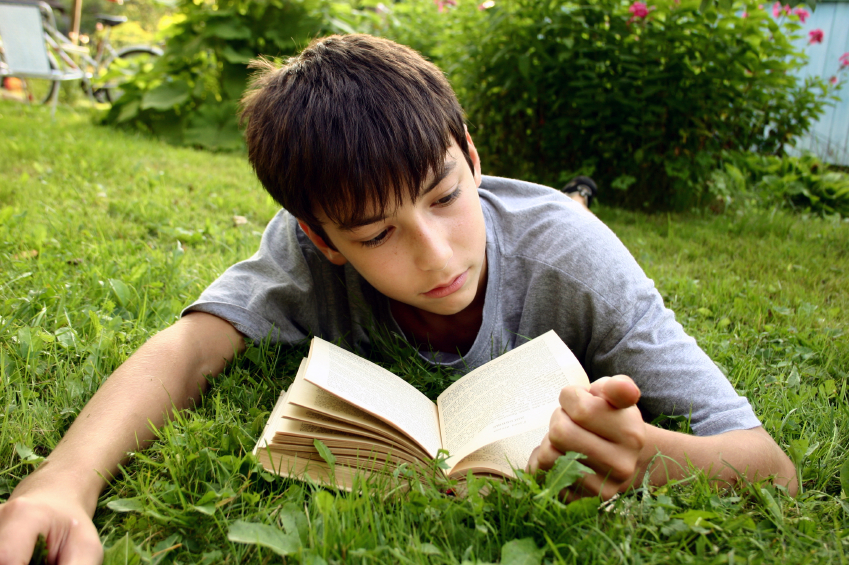 According to a study completed by the University of Michigan, there are five early reading skills that are essential for development. They are:
According to a study completed by the University of Michigan, there are five early reading skills that are essential for development. They are:
- Phonemic awareness – Being able to hear, identify, and play with individual sounds in spoken words.
- Phonics – Being able to connect the letters of written language with the sounds of spoken language.
- Vocabulary – The words kids need to know to communicate effectively.
- Reading comprehension – Being able to understand and get meaning from what has been read.
- Fluency (oral reading) – Being able to read text accurately and quickly.
While children will encounter these literacy skills and language development once they reach elementary school and beyond, you can help jumpstart their reading success by reading to them during infancy and their early toddler years.
While they won’t be able to practice fluency or phonics at that stage, they will get an earlier introduction to phonetic awareness, vocabulary and reading comprehension, all of which will set them up for success as they grow and interact with the world around them.
Developing a special bond with your child
It goes without saying that reading to your young child on a regular basis can help you forge a stronger relationship with them. When it comes to children, one of the most important things you can do to positively influence their development is spend time with them. Reading to your children provides a great opportunity to set up a regular, shared event where you can look forward to spending time together. With shared reading, your child will trust and expect that you will be there for them. The importance of trust to small children cannot be overstated.
Reading a favorite book to your children not only helps you bond with them, but also gives your children a sense of intimacy and well-being. This feeling of intimacy helps your child feel close to you, and the feelings of love and attention encourage positive growth and development.
With babies specifically, although they may not be able to understand what you’re saying when you read to them, reading aloud provides a level of invaluable nurturing and reassurance.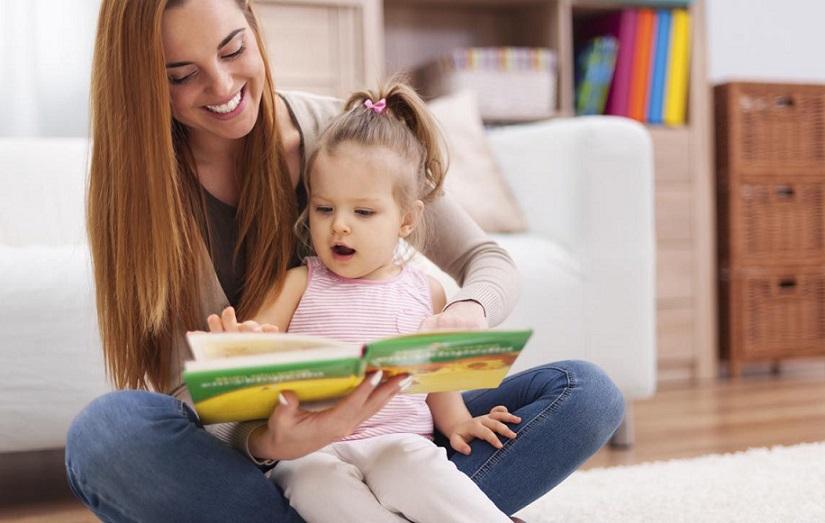 Very young babies love to hear familiar voices, and reading is the perfect outlet to create this connection.
Very young babies love to hear familiar voices, and reading is the perfect outlet to create this connection.
At a broader, more scientific level, it’s the parent-child relationship, nurturing relationships between caregivers and children that set a positive life course. If you are able to read aloud with your child at a predictable, scheduled time that fits with the daily routines of home and school, you’ll be able to provide something constant that they can expect and likely even look forward to.
Reading aloud together and having a shared activity gives you and your child something to talk about, which in turn supports the development of reading and writing skills (per the vocabulary and reading comprehension areas of development mentioned above). And down the road, reading together can be used to discuss real-life experiences and issues. A children’s book can provide springboards to meaningful discussions about many different topics which can further develop a child’s critical thinking skills.
At its core, literature is one of the best ways to help kids understand something without necessarily having to experience it for themselves. Reading to your child helps to expose them to all types of subjects and concepts, building our children’s understanding of humanity and the world around them (ReadBrightly.com).
Increased concentration and disciplineIntroducing regular reading time into your child’s schedule has another benefit outside of creating shared time together: increased discipline and concentration. Very young children rarely sit still for long, and it’s oftentimes difficult to get them to focus. But when you introduce regular reading to your children, you may start to observe a change in behavior. Toddlers may initially squirm and become distracted during story time, but eventually they’ll learn to stay put for the duration of the book.
According to EarlyMoments.com, along with reading comprehension comes “a stronger self-discipline, longer attention span, and better memory retention, all of which will serve your child well when she enters school.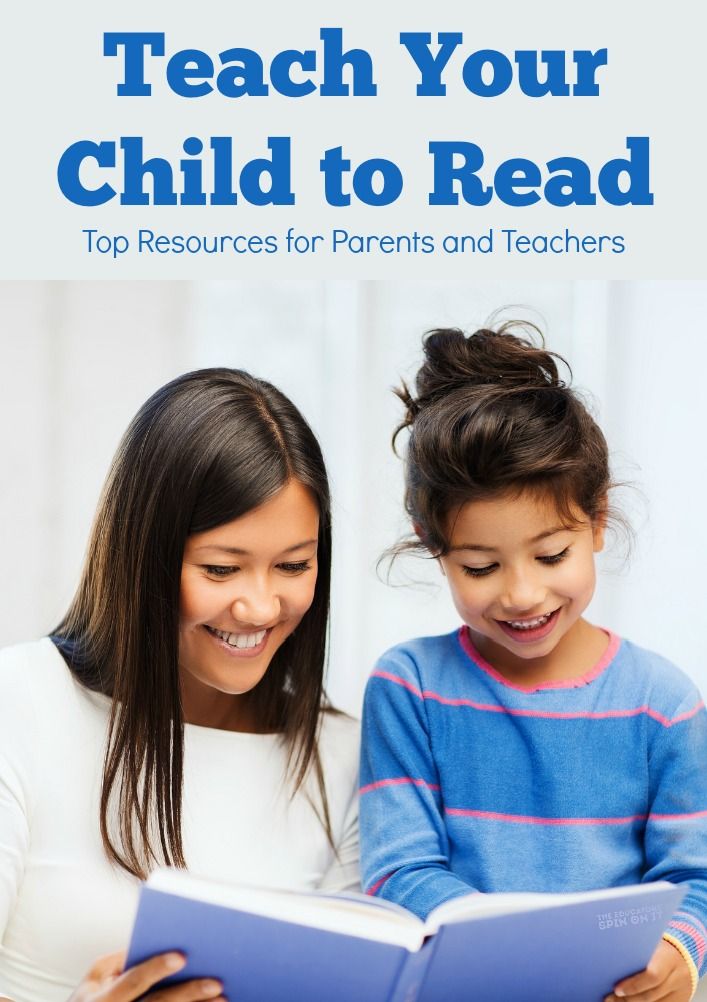 ”
”
Young children naturally have a capacity to dream big and use their imaginations. Reading aloud to your child helps them use their imaginations to explore people, places, times, and events beyond their own experiences. Reading as an imaginative activity can open doors to all kinds of new worlds for your child. By widening your child’s imagination, your child is more likely to dream bigger and act creatively which can benefit they school, work, and life in the future.
Cultivating a lifelong love of readingAccording to Jim Trelease, author of the best-seller, The Read-Aloud Handbook: “Every time we read to a child, we’re sending a ‘pleasure’ message to the child’s brain… You could even call it a commercial, conditioning the child to associate books and print with pleasure” (ReadAloud.org)
This connection between reading and “pleasure” is crucial for success later in life. As personal development coach and speaker Brian Tracy says, your ability to expand your mind and strive for lifelong learning is critical to your success — “Learning is the minimum requirement for success in any field. ”
”
Reading is the key for lifelong learning, and if you can instill a love of reading at an early age, then a commitment to lifelong learning is sure to follow. Reading aloud presents books as sources of pleasant, valuable, and exciting experiences. Children who value books are motivated to read on their own, and will likely continue to practice independent reading throughout the rest of their lives.
When it comes to reading to your children, the benefits to your child’s life range far beyond the development of a close bond with them, although that’s certainly one of them. Reading aloud to children is truly the single-most important activity for building these understanding and skills essential for reading success that your child will carry with them all throughout their life.
To learn more about our resources for children, visit our website.
Related Articles
This website uses cookies to improve your experience.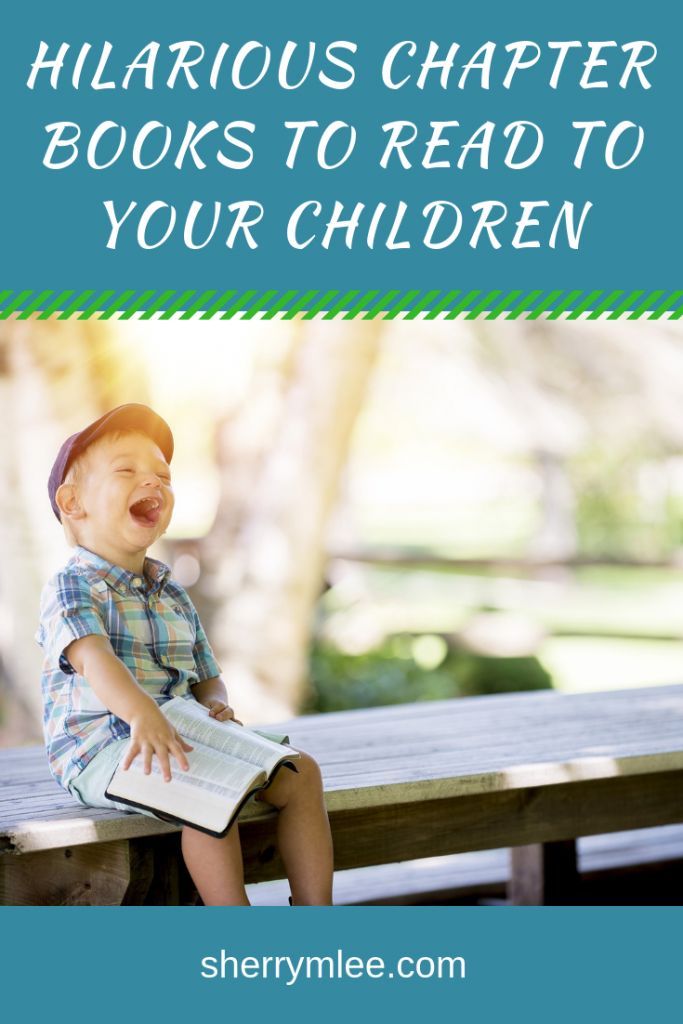 By continuing to use our site you agree to our Privacy Policy. ACCEPT
By continuing to use our site you agree to our Privacy Policy. ACCEPT
Reading with Your Child | Reading Rockets
By: Bernice Cullinan, Brod Bagert
There is no more important activity for preparing your child to succeed as a reader than reading aloud together. Fill your story times with a variety of books. Be consistent, be patient, and watch the magic work.
It's no secret that activities at home are an important supplement to the classroom, but there's more to it than that. There are things that parents can give children at home that the classrooms cannot give.
Start young and stay with it
At just a few months of age, an infant can look at pictures, listen to your voice, and point to objects on cardboard pages. Guide your child by pointing to the pictures, and say the names of the various objects. By drawing attention to pictures and associating the words with both pictures and the real-world objects, your child will learn the importance of language.
Children learn to love the sound of language before they even notice the existence of printed words on a page. Reading books aloud to children stimulates their imagination and expands their understanding of the world. It helps them develop language and listening skills and prepares them to understand the written word. When the rhythm and melody of language become a part of a child's life, learning to read will be as natural as learning to walk and talk.
Even after children learn to read by themselves, it's still important for you to read aloud together. By reading stories that are on their interest level, but beyond their reading level, you can stretch young readers' understanding and motivate them to improve their skills.
It’s part of life
Although the life of a parent is often hectic, you should try to read with your child at least once a day at a regularly scheduled time. But don't be discouraged if you skip a day or don't always keep to your schedule. Just read to your child as often as you possibly can.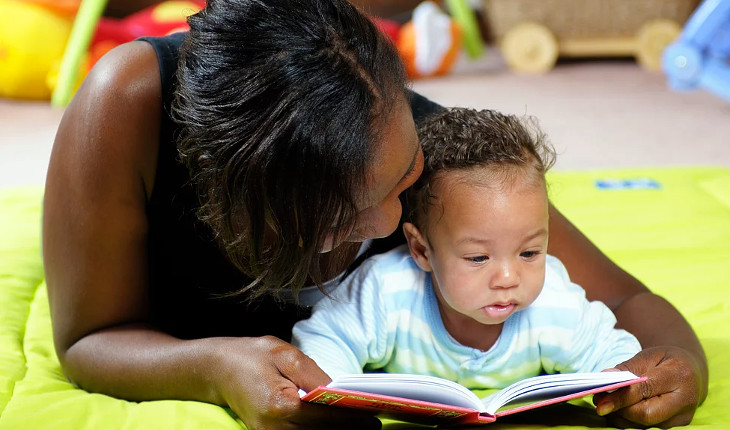
If you have more than one child, try to spend some time reading alone with each child, especially if they're more than two years apart. However, it's also fine to read to children at different stages and ages at the same time. Most children enjoy listening to many types of stories. When stories are complex, children can still get the idea and can be encouraged to ask questions. When stories are easy or familiar, youngsters enjoy these "old friends" and may even help in the reading.
Taking the time to read with your children on a regular basis sends an important message: Reading is worthwhile.
One more time
You may go through a period when your child favors one book and wants it read night after night. It is not unusual for children to favor a particular story, and this can be boring for parents. Keep in mind, however, that a favorite story may speak to your child's interests or emotional needs. Be patient. Continue to expose your children to a wealth of books and eventually they will be ready for more stories.
Talking about stories
It's often a good idea to talk about a story you are reading, but you need not feel compelled to talk about every story. Good stories will encourage a love for reading, with or without conversation. And sometimes children need time to think about stories they have read. A day or so later, don't be surprised if your child mentions something from a story you've read together.
Remember when you were very young
It will help, however, if we open our eyes to some things adult readers tend to take for granted. It's easier to be patient when we remember how much children do not know. Here are a few concepts we adults know so well we forget sometimes we ever learned them.
- There's a difference between words and pictures. Point to the print as you read aloud.
- Words on a page have meaning, and that is what we learn to read.
- Words go across the page from left to right. Follow with your finger as you read.
- Words on a page are made up of letters and are separated by a space.

- Each letter has at least two forms: one for capital letters and and one for small letters.
These are examples of hieroglyphics.
Imagine how you would feel if you were trying to interpret a book full of such symbols. That's how young readers feel. But, a little patience (maybe by turning it into a puzzle you can solve together) is certain to build confidence.
Advertise the joy of reading!
Our goal is to motivate children to want to read so they will practice reading independently and, thus, become fluent readers. That happens when children enjoy reading. We parents can do for reading what fast food chains do for hamburgers? ADVERTISE! And we advertise by reading great stories and poems to children.
We can help our children find the tools they need to succeed in life. Having access to information through the printed word is an absolute necessity. Knowledge is power, and books are full of it. But reading is more than just a practical tool. Through books we can enrich our minds; we can also relax and enjoy some precious leisure moments.
Through books we can enrich our minds; we can also relax and enjoy some precious leisure moments.
With your help, your children can begin a lifelong relationship with the printed word, so they grow into adults who read easily and frequently whether for business, knowledge, or pleasure.
Read online “School overload. How to help your child”, A.E. Soboleva – LitRes
Foreword
“Happy, unique time of childhood!” – how to disagree with the great Tolstoy… Everything is so, but only in this “happy” period of life every child has to go through many difficulties and trials. Having worked with children with learning difficulties for many years, we know very well how difficult it is to be a child. With admission to school, the time of games, cloudless joy and complete irresponsibility ends.
Schoolchildren have many concerns: to get excellent grades, to obey teachers, to please parents, to have good friends, useful hobbies, to be no worse than others. The kid, with whom neither mom and dad, nor the teacher, nor the grandmother had any problems, becoming a first grader, sometimes turns into one huge problem. Where are her roots? Where is her decision? And is there any? In this book, we will try to answer these questions in order to help parents organize their student's life in the best possible way.
Where are her roots? Where is her decision? And is there any? In this book, we will try to answer these questions in order to help parents organize their student's life in the best possible way.
Big things are made up of small things, success and success in learning and growing up also have specific components, sometimes they seem so insignificant that you want to give up on these little things. But in childhood, everything seems higher and more significant, it’s not for nothing that, remembering ourselves as a child, we say: “Then the trees were big ...” It is quite real to turn school years into a “happy and unique time”: choose the right school and teacher, skillfully help build relationships with classmates, study and relax, do not take on someone else's responsibility, trying to bring it up in a child. How to achieve all this? Read! We are happy to share our knowledge, observations and experience with you.
Part I
Problems of time and place
1. Why does a child get tired? The boy looked focused, clearly trying his best to answer the test questions.
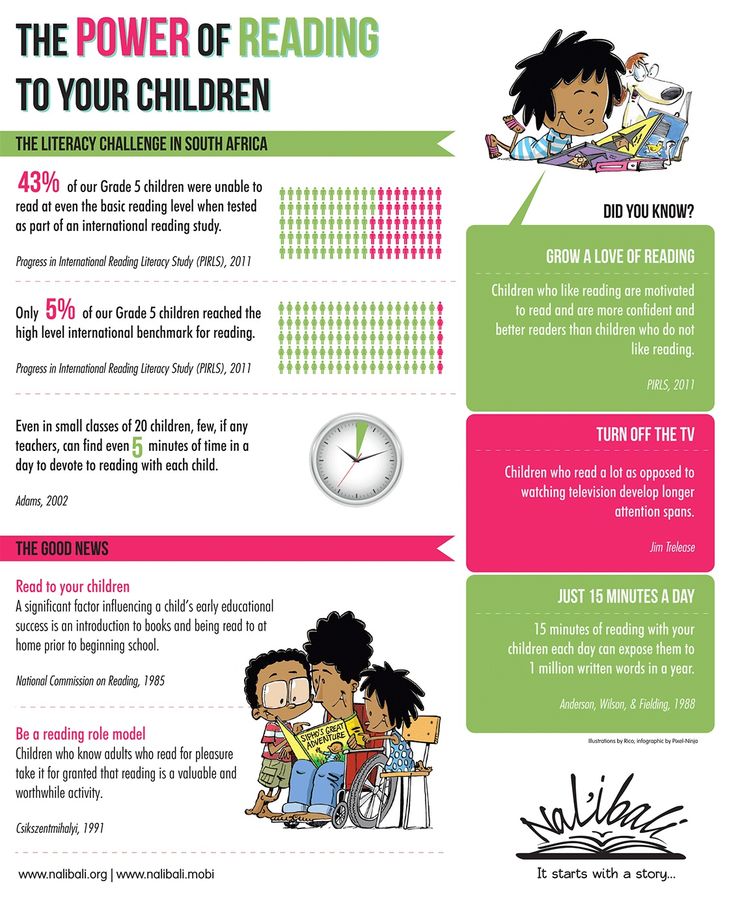 To an outside observer it might seem that he should not have any special problems with his studies. However, it turned out that he finished the third grade with only Cs, refuses to read, teachers often call him “stupid”, and everything else Zhenya gets sick sometimes twice a month. Mom really hoped to somehow pull up her son over the summer and was extremely surprised when she heard from a neuropsychologist: “No, we don’t advise you to study in the summer. You have no idea how tired your child is!”
To an outside observer it might seem that he should not have any special problems with his studies. However, it turned out that he finished the third grade with only Cs, refuses to read, teachers often call him “stupid”, and everything else Zhenya gets sick sometimes twice a month. Mom really hoped to somehow pull up her son over the summer and was extremely surprised when she heard from a neuropsychologist: “No, we don’t advise you to study in the summer. You have no idea how tired your child is!” Many children are in a state of extreme fatigue most of the time at school, so it is simply cruel to force them to study math or study Russian during the holidays. And if he starts to teach through force, he gets sick. Most of Zhenya's problems, like those of many of his friends in misfortune who come to the center of neuropsychology every day, lie in the immaturity of the brain, or rather, those departments that are responsible for feeding the brain structures, supplying them with energy.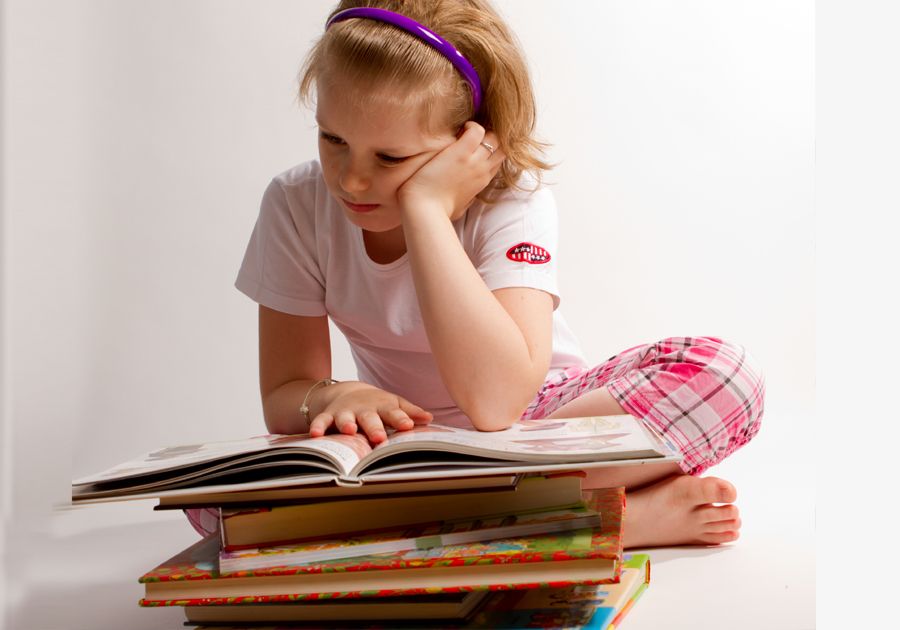 If there is little energy, the whole brain, which may be well arranged, does not work, but is inactive.
If there is little energy, the whole brain, which may be well arranged, does not work, but is inactive.
The condition of the nerve cells of this important block depends on the intensity of metabolic processes inside the body and on the stimulation of our sense organs. The more active a person is physically, the more various sensations he experiences, the better his internal organs work, the higher his intellect. And vice versa, as soon as the physical forces are depleted, the brain is also depleted. Therefore, in the summer, the child does not need any intellectual activities, especially in the form of additional lessons. But as much as possible you should run barefoot - on the grass, on the sand, on the sea pebbles. Swim as much as possible - even in the sea, even in the basin - the temperature contrast is important. This irritates the nerve endings of the skin and tones the entire body. Walk as much as possible, ride a bike, get new impressions from communicating with nature, with friends, animals.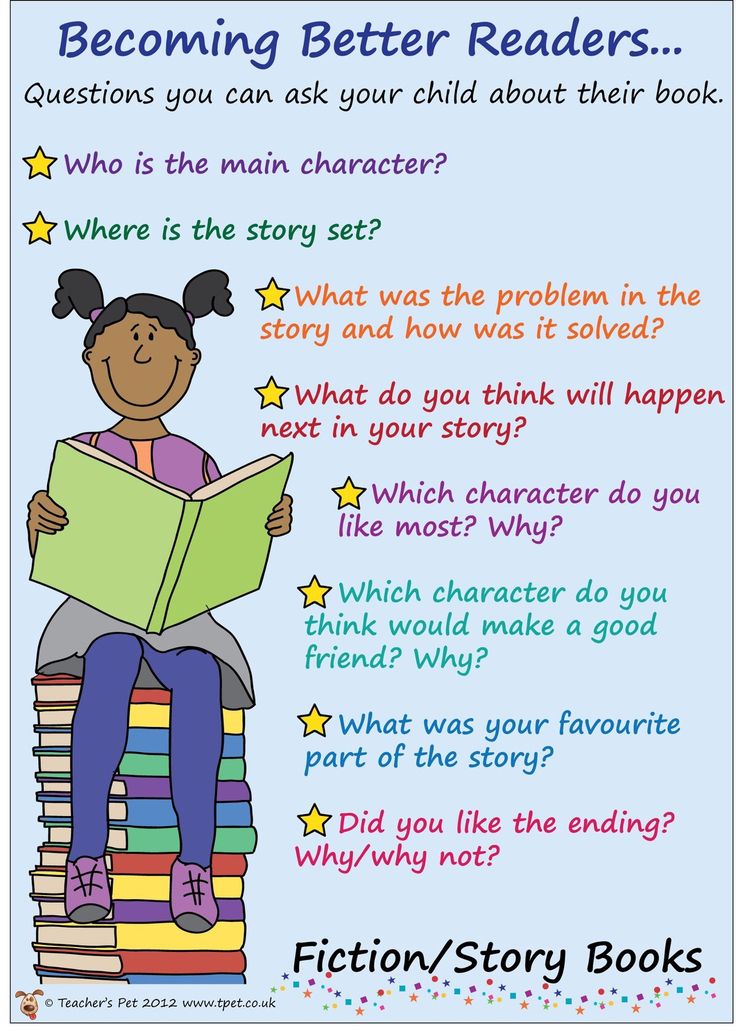
Zhenya's mother also received similar recommendations, and when she came back to the center in the autumn, it turned out that the summer was not in vain: Zhenya became active, raised his hand in class, got his first A's in the new academic year. True, he did not have time to read all the books on the list, but he learned to swim. Now mom wants Zhenya to take a course of neurocorrection, and she believes that the books will never go away from him. This is what it means to nourish the brain.
Nikita is a year younger than Zhenya. He is more direct and liberated. As soon as he entered the room, he immediately grabbed the pen from the table, turned it around, put it down, and it rolled and fell to the floor. Nikita bent down, reached for a pen, and found a pencil behind the table leg, forgot about the pen, pulled out a pencil, rolled it in his palms ... Mom complains about illiteracy, bad behavior in class (the teacher was tired of writing comments in her diary). And you can’t keep him at home, he spins and spins all the time.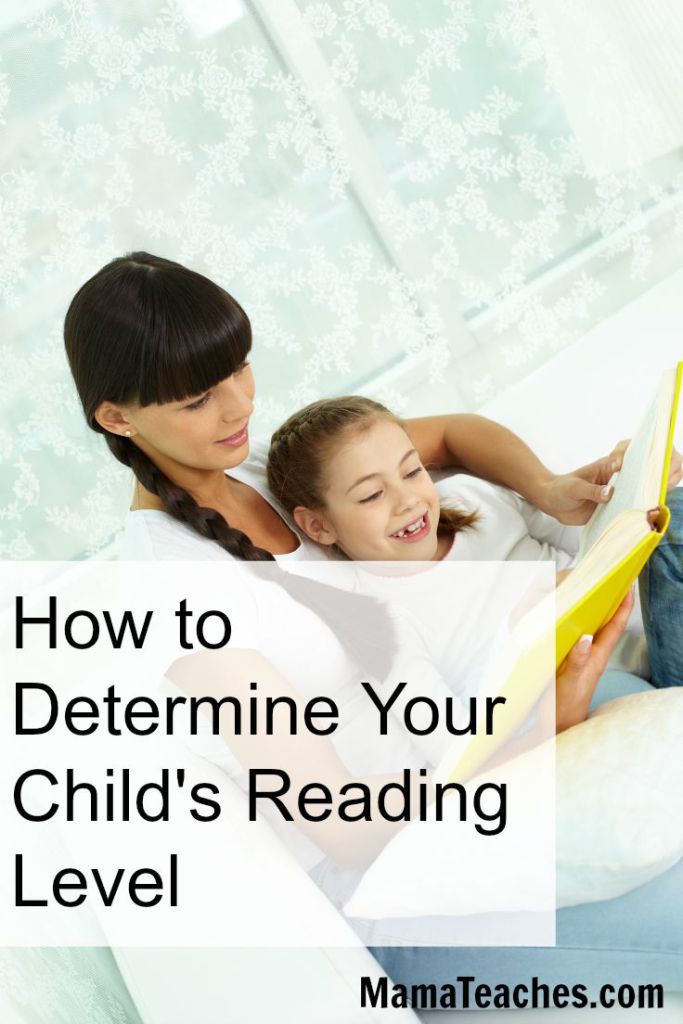 As the test results showed, Nikita's adequate behavior is prevented both by the insufficient formation of the energy block (like Zhenya's), and the poor functioning of the block responsible for taking into account all kinds of rules and norms of behavior. Nikita is simply not able to take into account the rules - hence his endless mistakes in Russian.
As the test results showed, Nikita's adequate behavior is prevented both by the insufficient formation of the energy block (like Zhenya's), and the poor functioning of the block responsible for taking into account all kinds of rules and norms of behavior. Nikita is simply not able to take into account the rules - hence his endless mistakes in Russian.
In the summer, Nikita was advised to rub himself with a dry and wet massage mitt, take a contrast shower, and also undergo a course of a special neck zone massage. Nikita's hyperactivity is caused by insufficiency of subcortical formations, so his brain should be toned. However, Nikita's mother did not believe that such elementary procedures would really help her son. Throughout August, the boy studied Russian with the teacher, and when in October his mother came to the center again, the test results dropped significantly. Not only did Nikita's brain not rest during the summer, but it also did not replenish its energy reserves, now the work of the neurocorrector will become more complicated and it will take much more time to help the boy.
Neuropsychologists do not get tired of repeating: before you additionally study this or that subject with a lagging child, you need to find out the reasons for this lagging behind. Often there is such a situation - the more the child learns the subject, the worse his success. How can this be explained? Yes, very easy! Imagine a child who is not given a mental account, he can’t learn the multiplication table in any way, he doesn’t memorize poetry well. All this is because he has a poorly developed sense of rhythm. If he “pounds” verses or the multiplication table day and night, the organization of his brain will not change, and the corresponding hemisphere will only be further oppressed. Usually, it is the type of activity that is difficult for a person to cause overload. The brain itself does not cope with the task, the lack of a positive result leads to a decrease in self-esteem and psychological discomfort.
Speaking about a child that he is “stupid”, “doesn't understand anything”, we do not explain his behavior, but only underestimate his self-esteem.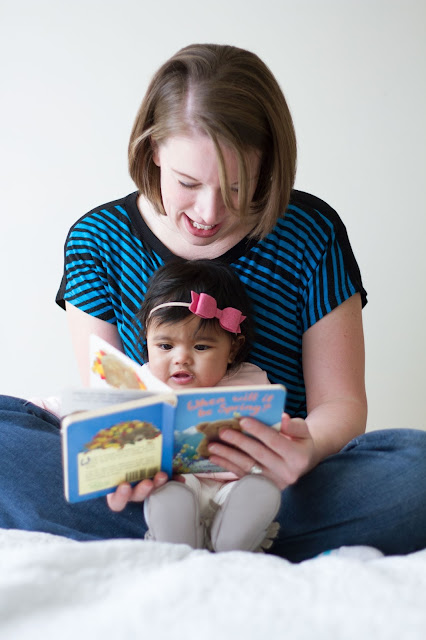 First of all, you should find out the nature of his school failures and then try to help. Monotonous activities are contraindicated for a child with insufficiency of brain structures, but in a playful way, he will easily master both spelling and addition with multiplication.
First of all, you should find out the nature of his school failures and then try to help. Monotonous activities are contraindicated for a child with insufficiency of brain structures, but in a playful way, he will easily master both spelling and addition with multiplication.
Parents often cite themselves or older children as an example, with whom “there were no problems”, not realizing that today's children are really “arranged differently”. They are not like we were, who had time to be "good students", attend a theater group, a ski section and had the whole yard as friends. The objective reality is that the number of children with minimal brain pathologies is increasing, and the study load is constantly increasing. Already in elementary school, many children begin to learn two foreign languages, history, economics; textbooks and programs become more complicated. Bad ecology, pathologies of pregnancy, the very rhythm of modern life, in which the child does not receive what he needs for full development, both physical and mental. So, children lack communication with their peers - many do not even know what a yard is, how they play “Cossack robbers”, hide and seek. In many homes, books were replaced first by a TV, and then by a computer. Often too busy parents do not find a minute to pat the child on the head at night, it’s good if someone else’s aunt does this - a nanny or a housekeeper.
So, children lack communication with their peers - many do not even know what a yard is, how they play “Cossack robbers”, hide and seek. In many homes, books were replaced first by a TV, and then by a computer. Often too busy parents do not find a minute to pat the child on the head at night, it’s good if someone else’s aunt does this - a nanny or a housekeeper.
There are also families where only “daddy's chauffeur Uncle Kolya” takes care of raising the heir of business parents, who takes him to school, picks him up from school, then takes him to the pool and becomes almost the only person open for communication.
Today's children, for the most part, cannot learn in the same way as we do, and even more so as their grandparents. Therefore, for their successful education, it is necessary to look for suitable options, to adapt to the essence of the child. You can not cut everyone with the same brush. It is necessary to look for an individual approach to each, to get to the bottom of the problem and help to solve it.

Why is it useful for children to read books, fairy tales aloud?
Date of writing: 01/12/2020
Reading time: 3 min
Here are 8 reasons to read aloud to your child:
1. Fantasy development
Books teach children to use their imagination. The child does not see what is described in the book, so he has to create a picture in his head: imagine what the main characters, castles, princesses, villains, etc. look like. The child learns to imagine, dream, simulate situations - this is how creative thinking develops.
2. Stress management
Reading helps to cope with stress, relax and stabilize the nervous system. This will calm not only the child, but also the parent. Therefore, it is especially worth taking up books for hyperactive children.
3. Development of fine motor skills
There are many books for children to interact with: different textures, materials, interactive elements on the pages, etc.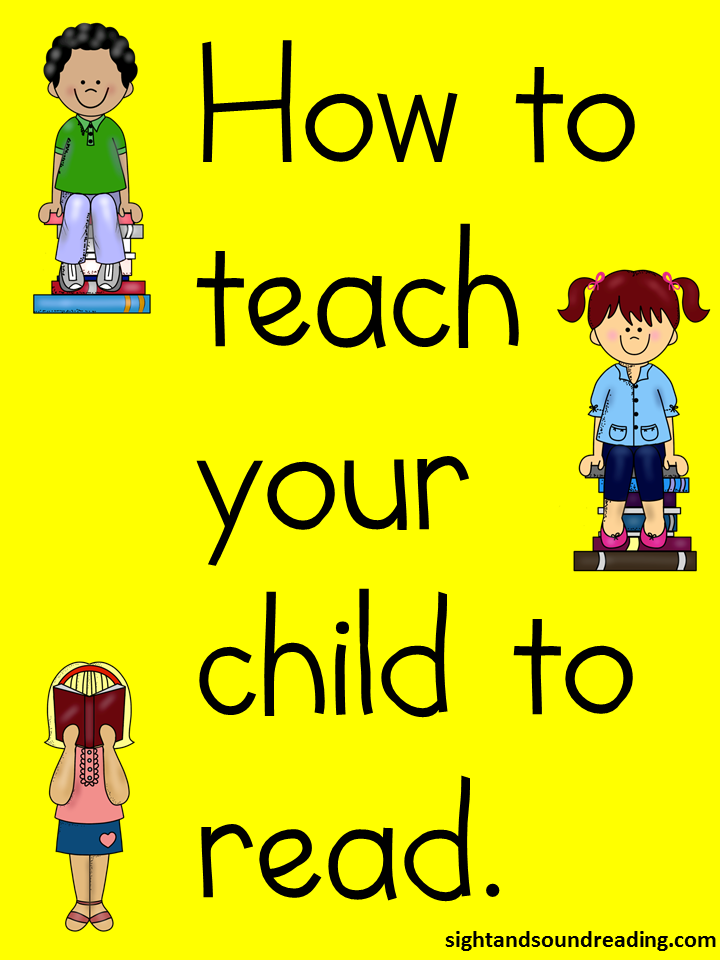 All this can contribute to the development of fine motor skills. Also, let the baby turn the pages on their own.
All this can contribute to the development of fine motor skills. Also, let the baby turn the pages on their own.
4. The birth of a love of reading
Today's children are much more interested in watching cartoons or playing computer games than sitting down to read a book. If from childhood to show the child another world full of adventure, magic and secrets; a world in which good always triumphs over evil, then the child will then read with great pleasure.
5. Increase in vocabulary
Children who are read to from an early age have a larger vocabulary than their peers who are not read aloud. The thing is that literary speech is different from colloquial speech or the one that can be heard on TV. The literary language is richer, and in childhood, children learn quickly and remember everything new.
6. Ability to solve problems
Children do not always listen to their parents' instructions and sometimes do not understand why they are not allowed to do something.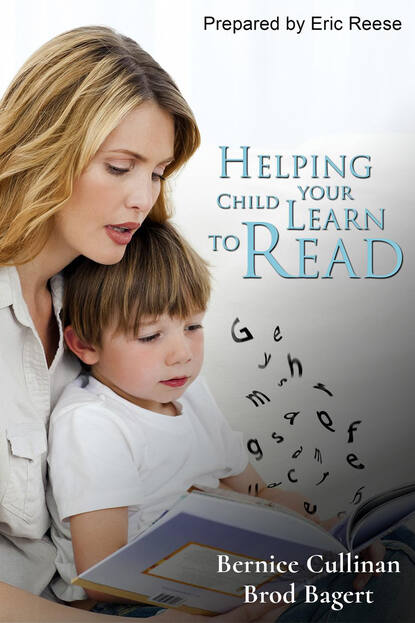 In books, when the characters find themselves in different situations, trying to cope with difficulties, the child clearly sees and understands many things. After reading the book, you can also discuss key points with your child.
In books, when the characters find themselves in different situations, trying to cope with difficulties, the child clearly sees and understands many things. After reading the book, you can also discuss key points with your child.
7. Listening skills
Reading aloud, parents not only immerse the child in the world of fairy tales, but also develop children's hearing. This gives the child the opportunity to better perceive sound information and listen more carefully, which is very useful at school.
8. Memory
While reading, you need to keep in mind a lot of information: characters, story line, motives of the characters' actions, etc. Of course, the child is unlikely to learn everything right away, but over time he will be able to do it better and better.
Important! To train your child's memory, ask questions about a recently read book and key events in it. The skill of retelling will develop the child's logical memory and will be useful in the future.